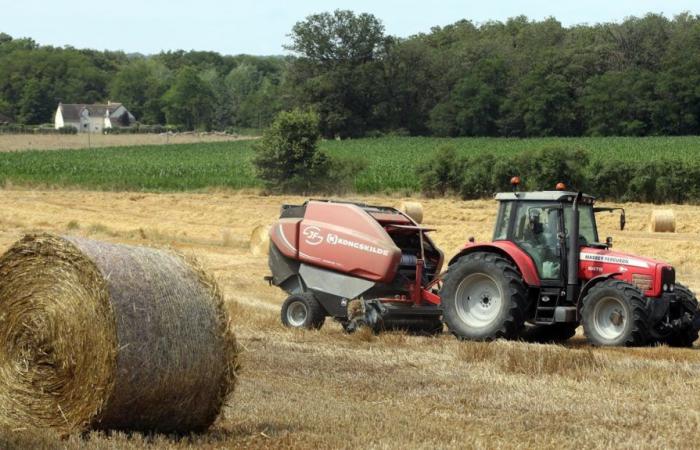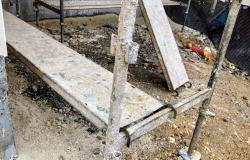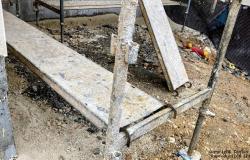The barley and rapeseed harvests began at the end of June in Deux-Sèvres and the wheat harvests will follow at the beginning of July, in a context of great uncertainty over yields, after the heavy rains of the last few months; not to mention those from the stormy episode of Saturday 29 June.
Some cultures have adapted better to it: “We have to wait for the results of the harvest, but at this stage the rapeseeds seem to be doing best; some disease has still arrived with the rains of May and June”says Eric Baraton, plant production advisor at the Deux-Sèvres and Charente-Maritime Chamber of Agriculture. Regarding wheat, “It’s quite disparate depending on the situation, with sowing dates spread out until January. We’ll have to wait until mid-July to have reliable data on yields.”.
“Very few operators remember seeing such a situation”
The rainfall was most atypical: “We only had months of excess rain from October 15 to June 15, with fairly high volumes of water. Very few farmers remember seeing such a situation.”
Many have been confronted with waterlogged, impassable ground: “They were unable to grow cereals in the fall and are having difficulty growing spring crops, including corn and sunflowers, which were the last options in the crop calendar. We have some plots where farmers were unable to sow at all. Sometimes the water came back in mid-June and flooded everything.”
Hail and pigeons
Due to the lack of rapid emergence, seedlings were also exposed to the appetite of pigeons, causing additional losses, underlines Eric Baraton. Hail also hit rapeseed plots in the south-east of the department, damaging up to 50%.
The grass has benefited from the wet conditions. The problem now is how to make quality fodder from it: “There will be performance but of poor qualityestimates Thibaud Garnier, a breeder in Pompaire, whose crops are intended to feed his cattle herd (dairy and fattening). There is so much humidity there that it rots at the base.”
Drying the hay
Hay must be harvested sufficiently dry, otherwise bales will ferment and cause fires. The Pompaire farmer was unable to take advantage of the few favourable days in June to mow: “We are finishing the spring sowing of corn and sorghum, we are at least a month behind schedule. These are plots where we should have grown wheat and triticale in the fall. They were not practicable. Even there, it is still complicated.”
He expects lower yields and nutritional qualities from these late-planted crops, with repercussions on milk production.






